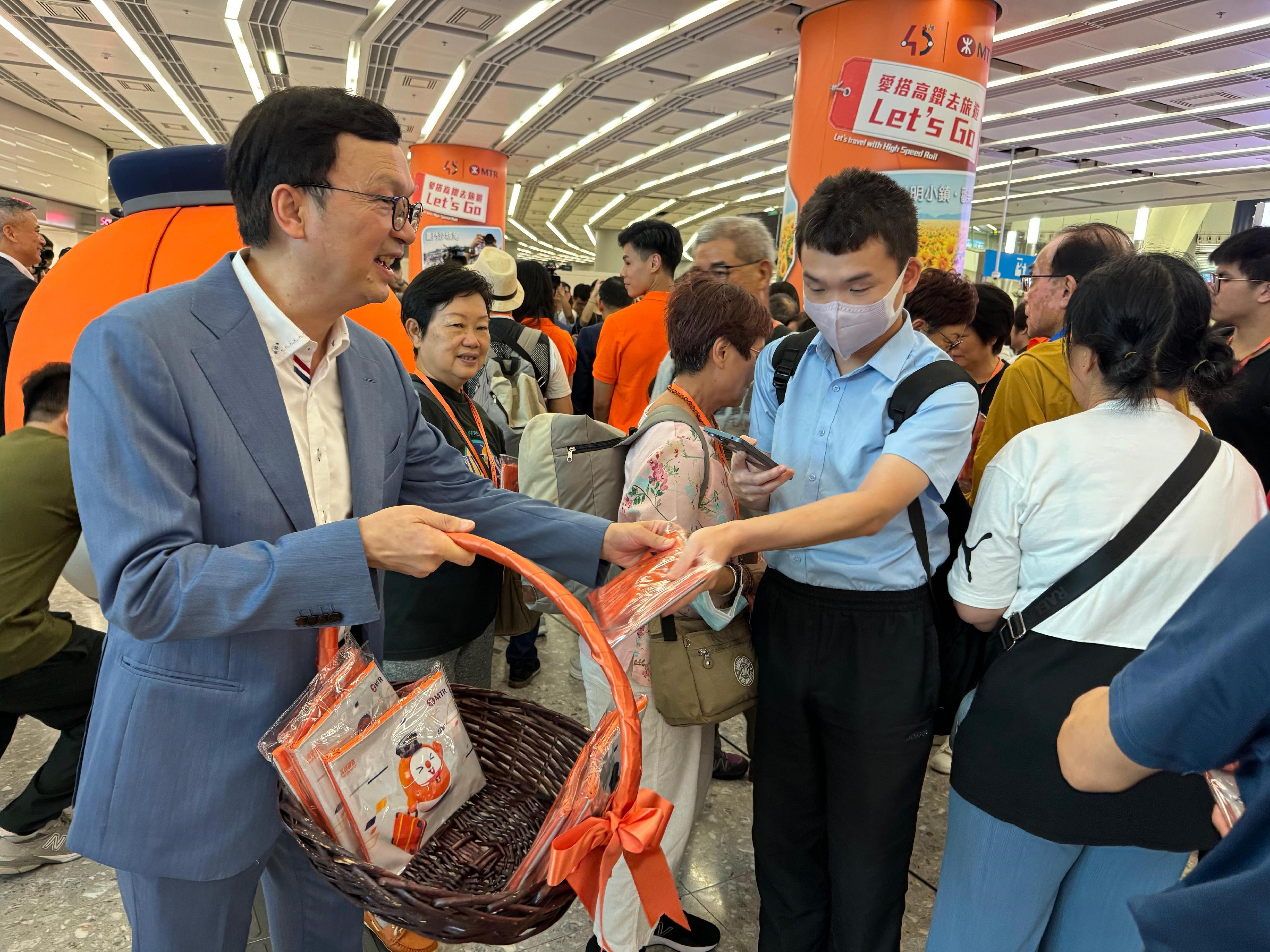The Centre for Health Protection (CHP) of the Department of Health is today (June 15) investigating a case of suspected mad honey poisoning, and reminded the public to buy honey from a reliable source or apiary.
A 35-year-old male developed dizziness and vomiting around 30 minutes after consuming honey yesterday (June 14). He attended the Accident and Emergency Department of Kwong Wah Hospital today and was admitted for treatment due to hypotension and bradycardia. The patient was in stable condition. His clinical diagnosis was suspected mad honey poisoning.
Initial enquiries revealed that the patient consumed honey mailed to Hong Kong by a friend from Nepal. The poisoning might have been caused by grayanotoxin. Investigations are ongoing.
"Mad honey poisoning is caused by ingestion of honey containing grayanotoxins derived from plants belonging to the Ericaceae family, including rhododendrons. Grayanotoxins are neurotoxins which can affect nerves and muscles. Symptoms of poisoning include nausea, vomiting, diarrhoea, dizziness, weakness, excessive perspiration, hypersalivation and paraesthesia shortly after ingestion. In severe cases, hypotension, bradycardia or shock may occur," a spokesman for the CHP explained.
Members of the public are reminded to take heed of the following preventive advice:
- Buy honey from a reliable source or apiary;
- Discard honey with a bitter or astringent taste – grayanotoxin-containing honey may cause a burning sensation in the throat; and
- Pay special attention to honey from India, Nepal and the Black Sea region of Türkiye as there have been grayanotoxin poisoning cases connected with honey from these areas.





